Mental Health
Mental health issues are among the most common vulnerabilities we face: in our communities, in our families, in ourselves. My professional work focuses on mental health in a variety of ways, and the articles in this section reflect the diversity of that work. I specialize in the confluence of mental illness, addictions, and trauma – which, for most people who struggle with these issues, are all aspects of one thing and not three different things. I emphasize current research and the many ways we can build resilience and wellbeing both for ourselves and our communities.
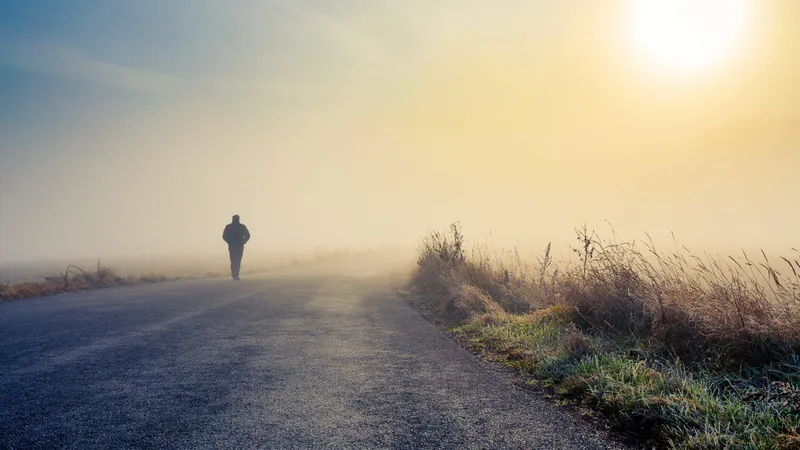
When Movement Maintains the Pattern
The Shadow Side of Physical Activity in Recovery
The seawall stretches north toward the mountains, a grey ribbon of concrete between the harbor and the city. At this hour the light has not yet reached the water; the inlet lies dark and still bene…

Addressing Mental Health in the Workplace
A Framework for Leaders
The river is high this morning, swollen with the week’s rain. Silt-brown water moves past us in broad, quiet currents, carrying branches and debris from somewhere upstream. We walk the gravel path …
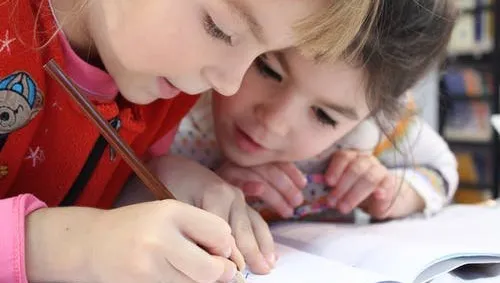
How Early Experiences Shape Who We Become
The Developmental Foundation of Mental Health and Addiction
When I was a boy I spent summers on the Sunshine Coast, north of Vancouver, at my grandmother’s summer place. I slept downstairs, at ground level, in a room that faced east with a window overlookin…

Beyond the DSM
Why Mental Health Needs a Dynamical Systems Perspective
The rowboat moves across the bay in the early light, oarlocks clicking their steady rhythm as I pull toward open water. The surface this morning carries a dozen different patterns—wind chop near th…
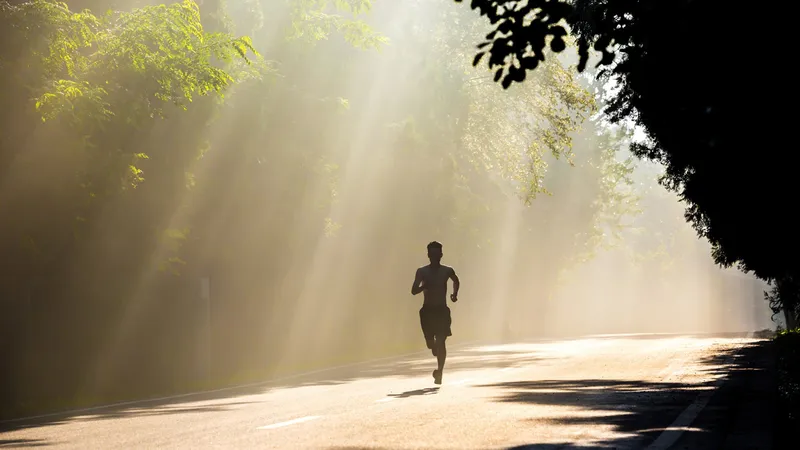
Running as Nervous System Medicine
Trauma Responses and the Power of Movement
The trail climbs through second-growth fir, and I settle into the grade. My breath finds its rhythm—not the shallow panting of the first kilometer but the deeper cadence that comes when the body st…
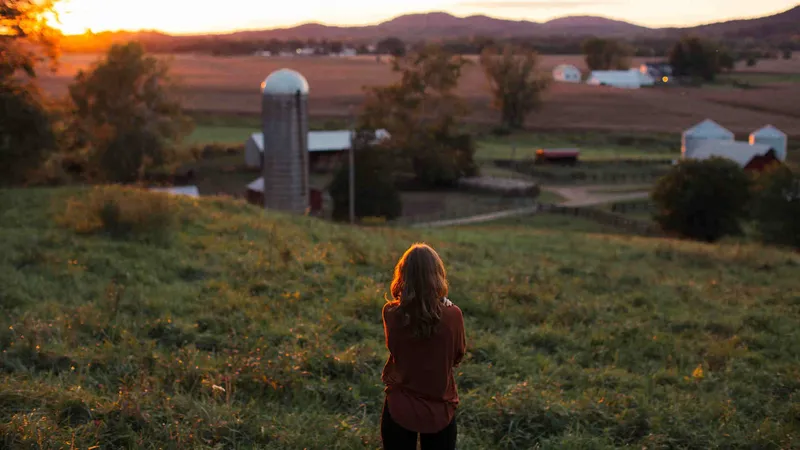
Belonging, Not Steps
What Actually Heals in Recovery
The trail through the park was packed with gravel—good for drainage during the season of high water—but the recent rains had overwhelmed it. The Fraser River, swollen with glacial melt, pressed aga…
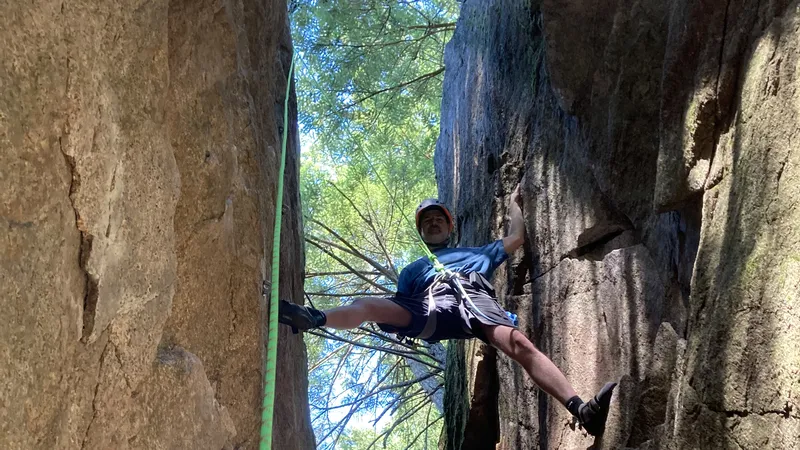
Why We Resist What Works
Movement, Mental Health, and the Nervous System's Need for Real Challenge
The granite at Smoke Bluffs holds the morning cold. We gather at the base of the route in the blue shadow of the rock face, a group of clinical supervisees and myself, ropes coiled, harnesses laid …
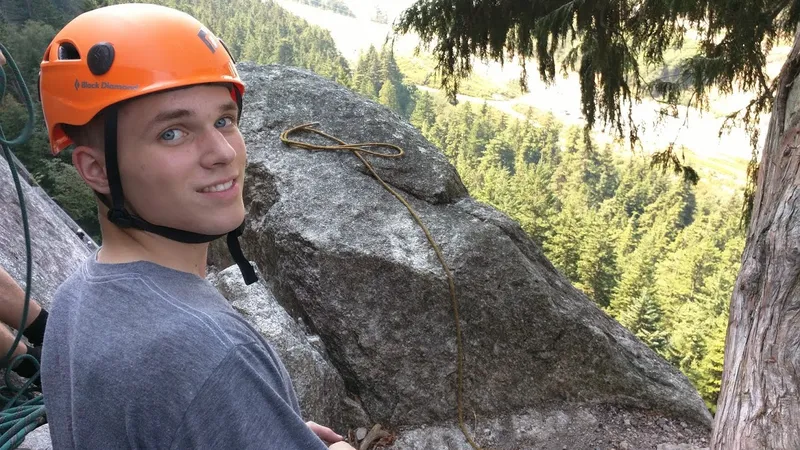
Essentials of Trauma-informed Practice
Considerations for recovery, healing, and well-being
Trauma is an experience that exceeds our ability to manage stress. Clinically, it disrupts containment: we lose our capacity for self-regulation, become drawn into instinctive coping, and often rem…
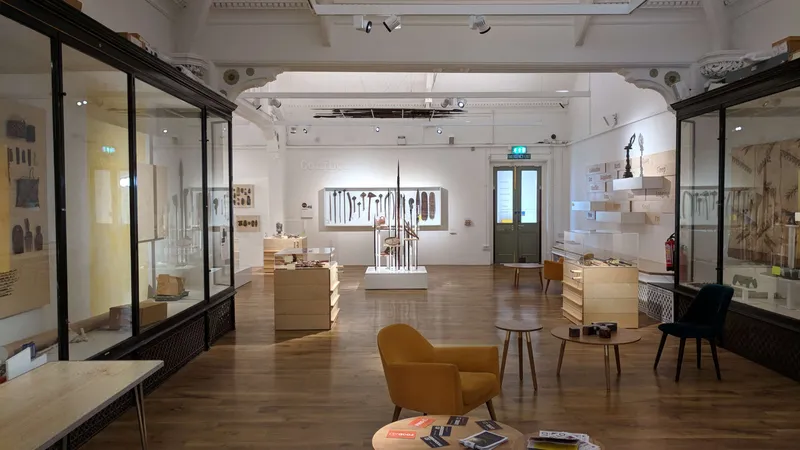
Working with Grief, Trauma, and Related Challenges
Museums Offer Much Potential for Healing Work — But Safety Must be a Primary Concern
Adapted from Museum Objects, Health and Healing , by Brenda Cowan, Ross Laird, and Jason McKeown. New and powerful museum exhibition trends include a greater focus on emotional engagemen…

Beyond the Alphabet Soup
Trauma Responses, Uncertainty, and the Limits of Models
The chart shows a simple line where the shore meets the water. I am looking at it now, spread across the cockpit of my kayak, anchored in a small bay somewhere in the Broughton Archipelago. The lin…
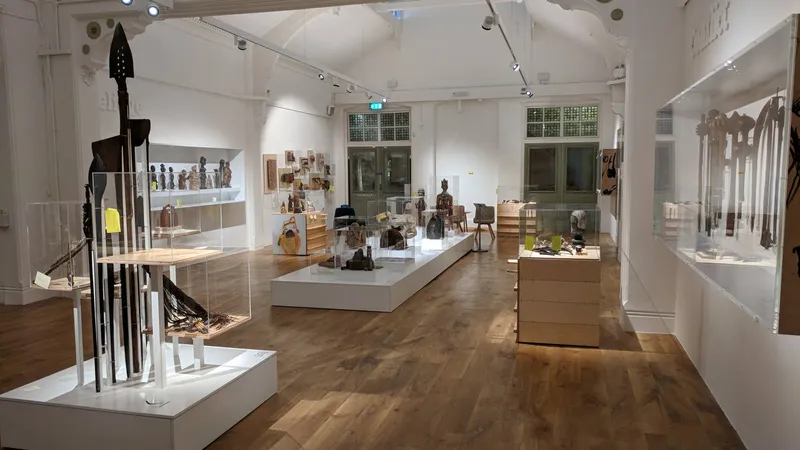
Resilience and Well-being in Turbulent Times
A presentation for the Ontario Museums Association
During a time of turbulence and stress, how can we stay emotionally healthy and connected to ourselves and those around us? What kinds of coping are normal and helpful? …
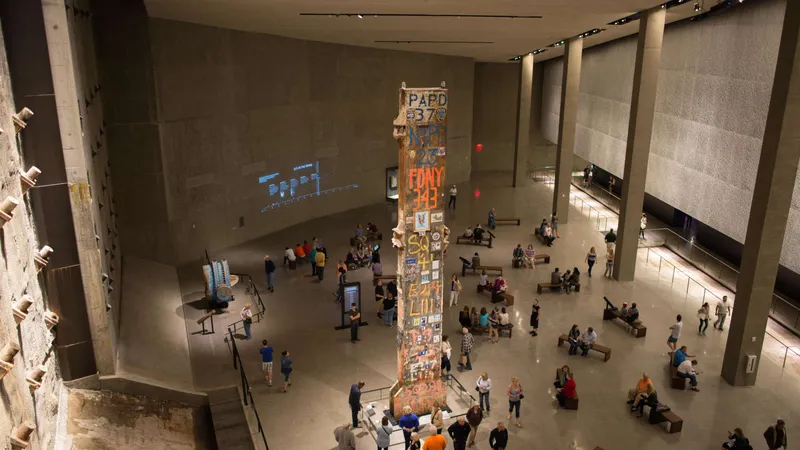
Therapeutic Objects at the 9/11 Museum and Beyond
The Meaning and Use of Personal Objects in Complex Trauma
Tragedy strikes New York on September 11, 2001. Afterwards, survivors, first responders and victims’ relatives experience the healing impact of donating personal objects to what will become the 9/1…